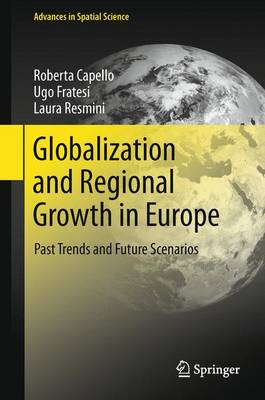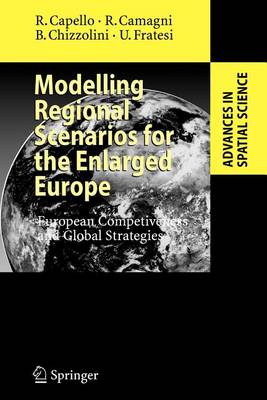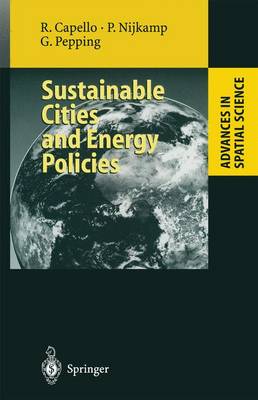Advances in Spatial Science
3 total works
Globalization and Regional Growth in Europe
by Roberta Capello, Ugo Fratesi, and Laura Resmini
Modelling Regional Scenarios for the Enlarged Europe
by Roberta Capello, Roberto P Camagni, and Barbara Chizzolini
Tackling the question of what the European territory will look like over the next fifteen years, this volume provides quali-quantitative territorial scenarios for the enlarged Europe, under different assumptions on future globalisation strategies of BRIC (Brazil, Russia, India and China) and East and West European countries. The approach is as neutral as possible vis-a-vis the results, leading to a new forecasting model, the MASST model, built by the authors.


